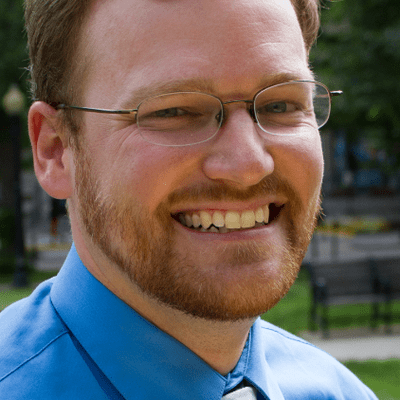View/search document collection
But one name sticks out for its relative obscurity: Petromina LLC. While it turns out the company is little-known, its top manager is anything but.
Documents show that Petromina LLC is headed by Gonzalo Sánchez de Lozada, the former president of Bolivia, who fled to the United States nearly a decade ago amid major protests and accusations of human rights violations in his own country.
For years, Bolivia’s current government has unsuccessfully sought to extradite Sánchez de Lozada, also known by the nickname “Goni.”
Why a company headed by the former president of Bolivia would be interested in sponsoring expense-paid conferences for federal judges is unclear. Sánchez de Lozada, through attorney Ana Reyes of the Washington, D.C., firm Williams & Connolly, declined a request for an interview.
Sara Magner, the company’s general counsel, told the Center for Public Integrity only that Petromina LLC decided to donate to the George Mason University think tank “as part of its charitable giving” after being “approached by an employee of George Mason to make the contributions.”
Petromina LLC, which Magner described as a “family advisory firm,” is headquartered in a non-descript office building barely five blocks from the White House. Sánchez de Lozada is listed as “manager” and the “sole member” of the company, which was established in Delaware in 2005, according to records.
The company’s purpose is to provide “management and administrative services” and to offer “stewardship services to other foreign affiliates,” according to paperwork filed with the D.C. city government.
A website created by the graphic designer who produced Petromina LLC’s logo says the company is involved in the “management of petroleum and natural energy mining operations in South America.”
Records filed by George Mason University with the Administrative Office of the United States Courts show that Petromina LLC was among the sponsors of nearly three-dozen seminars for judges between November 2007 and October 2011.
But Henry Butler, the head of George Mason’s Law & Economic Center (LEC), which runs the seminars, says that his organization made a mistake.
“Petromina ceased supporting the LEC in 2007,” Butler wrote in an email to the Center for Public Integrity , adding that the company was “inadvertently listed” on disclosure forms “in subsequent years.”
Butler stated Petromina LLC gave the center $10,000 in 2006 “for a program for Latin American judges” and another $10,000 in 2007 “for general support.” The school listed Petromina LLC among the sponsors of a November 2007 seminar entitled “Science in the Courts,” records show.
Less of a mystery is the rise and fall of Sánchez de Lozada.
A mining magnate and free-market advocate, he was raised and educated in the United States, according to press reports. He served one term as president of Bolivia during the mid-1990s and was elected again in 2002.
During his second term, Sánchez de Lozada sought to export Bolivian natural gas to the United States and Mexico through a pipeline to Chilean ports before violent political protests forced him to resign and flee the country in October 2003. His address in court documents is in Chevy Chase, Md., a D.C. suburb.
As many as 67 people died after protesters — mostly poor, indigenous Bolivians — clashed with security forces. Hundreds more were injured, according to press accounts and a lawsuit filed in U.S. District Court on behalf of 10 Bolivian families.
In 2011, a handful of former military officials and ministers who had not left Bolivia were tried and sent to prison for charges related to the bloodshed. Bolivia sought to try Sánchez de Lozada during that trial as well, but could not do so while he remained abroad.
Sánchez de Lozada was sued in U.S. federal court in 2007 and accused of committing “crimes against humanity,” including employing “violence to quell widespread popular criticism of his policies.”
The case has been dismissed by the U.S. Court of Appeals for the 11th Circuit, but the plaintiffs’ attorneys are reviewing options for refiling at the district level. None of the judges involved appear to have gone on any free trips.
The former president told the Miami Herald in 2004 that he authorized using only the “appropriate” level of force to maintain law and order.
In federal court, his lawyers have also asserted that a U.S. State Department review “found no evidence that civilians were targeted and concluded that the Bolivian response, which included the unfortunate deaths of innocents, was commensurate with the threat.”
Beth Stephens, a human rights attorney who is part of the American legal team, said she is not surprised by Sánchez de Lozada’s continued business affairs in exile.
“We know that he has political connections,” Stephens said.
John Dunbar contributed to this story.



Join the conversation
Show Comments